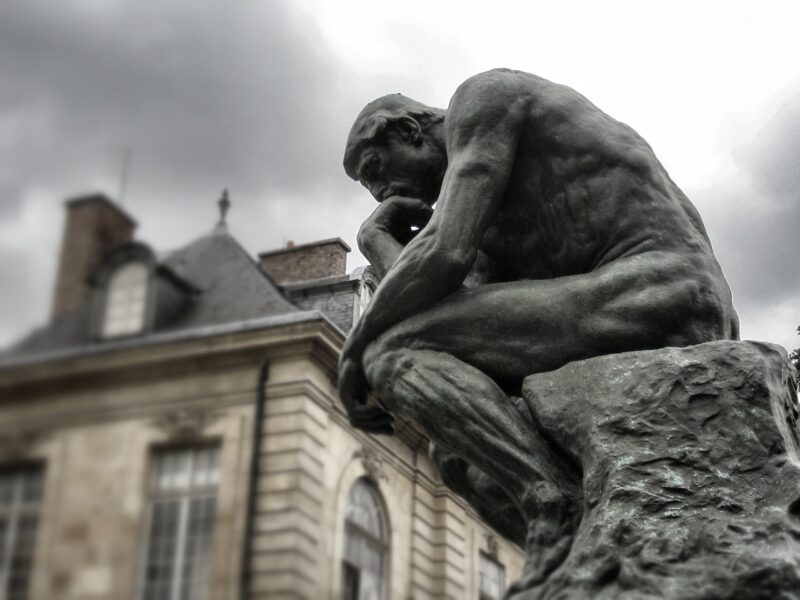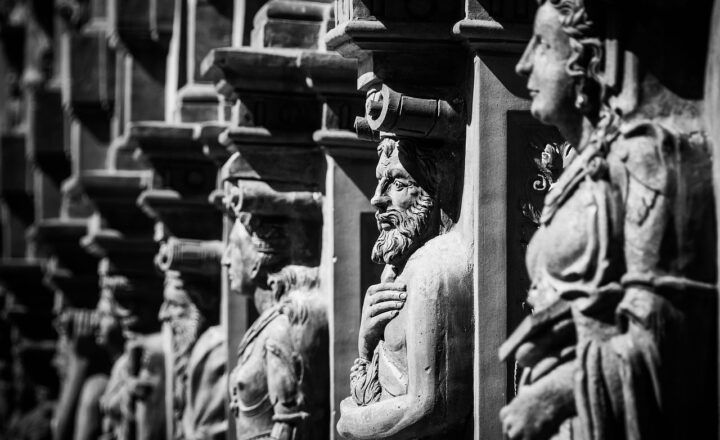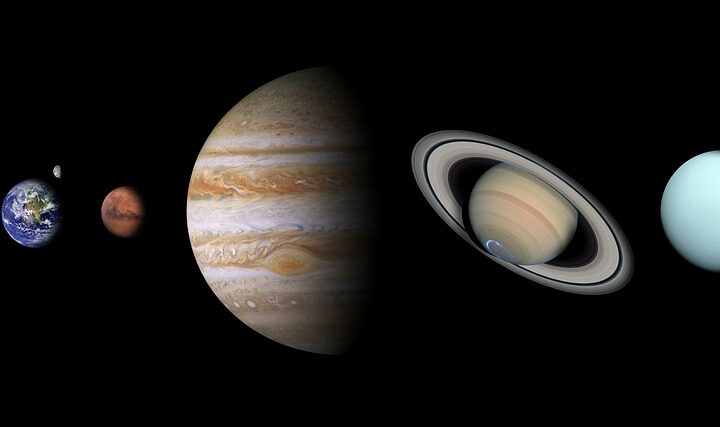The Global Influence of Political Thinkers: From Machiavelli to Modern Theorists
November 16, 2024

Political thought has shaped societies and governance across the globe for centuries. From the cunning strategies of Niccolò Machiavelli to the democratic principles espoused by contemporary thinkers, the evolution of political philosophy reflects the complexities of human nature and societal development. In this article, we delve into the influence of key political theorists and explore how their ideas continue to resonate in modern politics.
1. Niccolò Machiavelli: The Architect of Political Realism
Niccolò Machiavelli, the Renaissance political philosopher, is often regarded as the father of modern political science. His seminal work, “The Prince,” offers pragmatic advice on power acquisition and governance, famously asserting that the ends often justify the means.
Machiavelli’s ideas have had a profound impact on political leaders and thinkers ever since. His assertion that successful rulers must sometimes engage in morally dubious actions to maintain power has sparked extensive debate about ethics in politics.
His influence can be observed in various political systems worldwide, where leaders often balance ethical considerations with realpolitik to achieve their goals. Machiavelli’s emphasis on power dynamics and human nature remains relevant, offering a stark reminder that the pursuit of power often involves complex ethical dilemmas.
2. John Locke: The Champion of Liberalism
In stark contrast to Machiavelli’s realist approach, John Locke emerged in the 17th century as a foundational figure in liberal political thought. His theories on natural rights—life, liberty, and property—formed the basis of modern democracy and influenced the creation of constitutional governments.
Locke argued that governance is rooted in the consent of the governed, highlighting the importance of individual rights. This philosophy directly influenced the drafting of pivotal documents such as the United States Declaration of Independence and the French Declaration of the Rights of Man and of the Citizen.
The principles Locke championed continue to underpin contemporary democratic values, emphasizing the importance of individual liberties and government accountability.
3. Karl Marx: The Voice of Class Struggle
Karl Marx revolutionized political thought with his critique of capitalism and advocacy for socialism. His works, particularly “The Communist Manifesto” and “Das Kapital,” analyze class struggles and economic systems, presenting a vision of a classless society.
Marx’s influence transcends political vocabularies, manifesting in revolutions and movements worldwide. Concepts like socialism, communism, and the critique of capitalist society find roots in Marxist theory. Today, discussions on wealth inequality, worker’s rights, and the critiques of capitalism echo Marx’s revolutionary ideas.
His impact is evident in various political regimes and movements that have sought to challenge the status quo and advocate for social and economic reforms.
4. Hannah Arendt: Insights into Totalitarianism and Power
Hannah Arendt’s contributions to political theory remain significant in understanding modern totalitarian regimes. In her influential work, “The Origins of Totalitarianism,” she explores the nature of power and authority, dissecting the psychological and societal conditions that enable totalitarianism.
Arendt’s insights into the dangers of blind obedience and the erosion of individual freedoms serve as a warning against authoritarianism in any form. Her exploration of the banality of evil, particularly in the context of the Holocaust, underscores the moral responsibility individuals share in safeguarding democratic ideals.
Arendt’s work continues to inspire critical discussions about power, citizenship, and moral responsibility in our contemporary world.
5. Contemporary Thinkers: Feminism, Globalization, and Beyond
In the modern era, political thought continues to diversify, encompassing feminist theories, post-colonial critiques, and discussions on globalization. Thinkers like Judith Butler and Amartya Sen offer critiques of traditional political structures, advocating for equity and social justice.
Feminist political theory challenges established norms and seeks to address gender inequalities within political institutions. Meanwhile, globalization theorists examine the impact of interconnected economies and cultures on national sovereignty and identity.
These contemporary dialogues reflect a dynamic landscape of political thought, engaging with diverse perspectives that shape current debates on governance, rights, and identities.
Conclusion: The Ever-Evolving Landscape of Political Thought
The journey of political thinkers from Machiavelli to modern theorists illustrates the evolution and diversity within political philosophy. Each theorist has contributed uniquely to our understanding of power, governance, and ethics, influencing political systems and public discourse across generations.
As we navigate the complexities of contemporary politics, the ideas of these influential thinkers remind us of the importance of critical engagement with political theory. This ongoing dialogue will continue to shape our understanding of human rights, governance, and the responsibilities of leadership in an increasingly interconnected world. Understanding the interplay between these ideas will be essential in addressing the challenges and opportunities of the future.
Whether grappling with the dynamics of power in authoritarian regimes or striving to ensure democratic principles in contemporary governance, the influence of political thinkers remains a guiding force in the quest for a just society.







